-
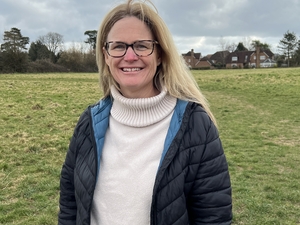
23 April 2025
New minister will unveil ‘Barn Church’ this autumn
Bishop Jonathan has appointed the Rev Emma Andersen to a new role within the Meon ... read more
-
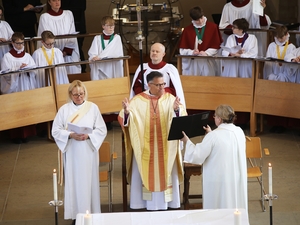
17 April 2025
Bishop urges clergy and lay ministers to combat poverty
Bishop Jonathan used his sermon at the annual Chrism Eucharist to inspire clergy and lay ... read more
-
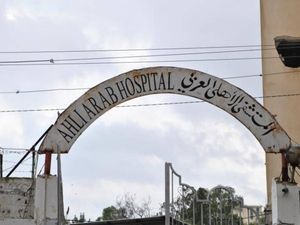
16 April 2025
Bishop’s outrage over Palm Sunday attack
Bishop Jonathan has spoken of his outrage and grief after an Israeli attack on an ... read more
Professor shares how science and faith co-exist
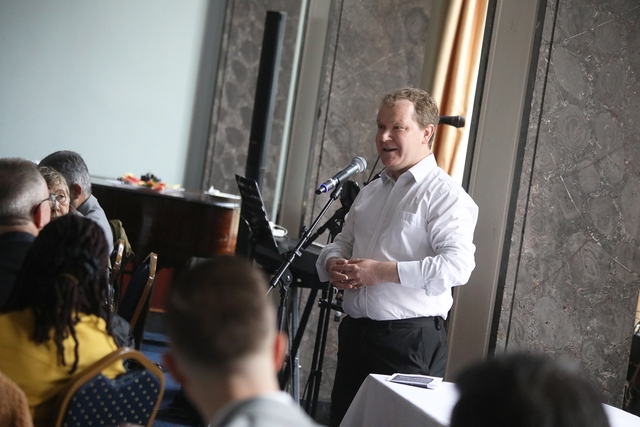
SCIENCE and faith are two sides of the same coin for Professor David Bacon.
Not only does he see no conflict between the rigours of science and the details of the Christian faith, he believes they complement each other.
He was speaking to civic, church and community leaders in Portsmouth Guildhall both as a member and churchwarden at St Jude’s Church, Southsea, and as director of the University of Portsmouth’s Institute of Cosmology and Gravitation.
David commended his university colleagues for their world-class research into the universe around us, and also praised local churches which he described as diverse, vibrant communities that reach out to those who are marginalised.
“One of the ways in which science and faith co-exist is to do with our wonder at this world,” he said. “Scientists study the universe because they are filled with a sense of wonder. I know some of the staggering numbers involved, but I still can’t comprehend the enormity of it all.
“That leads me to worship God, and I happen to lead musical worship at my church. There’s no contradiction there, as the fact that I’m worshipping means I want to discover more about the universe on Monday. These things mutually reinforce each other in my life. And I’m not the only one – several of the major scientists in my field and others have had this experience.
“The second way in which faith and science are linked relates to wisdom. Science involves gaining knowledge through testing, and faith often involves searching for meaning. That overlaps in wisdom. Knowledge is important because it tells us how we do something, whereas wisdom is about how we use that knowledge. The Scriptures are helpful to me as director in thinking about wisdom.
“And the third way that faith and science co-exist involves working together. There are so many ways in which science and faith address key issues in society together. In disaster relief, science means we can use satellites to identify where help is needed, and relief agencies include many people of faith who are involved in responding.
“In environmental sustainability, physics can teach us how to generate electricity, and faith can contribute to the sense of moral responsibility to care for creation. And in AI, as data scientists we can learn about what an amazing tool we are beginning to use, and as people of faith can think about how we are going to deal with this new industrial revolution.
“We need wise Christian leaders in science and in faith. And we need to support this interaction and dialogue between science and faith, which can be part of our responsibility as Christian leaders.”
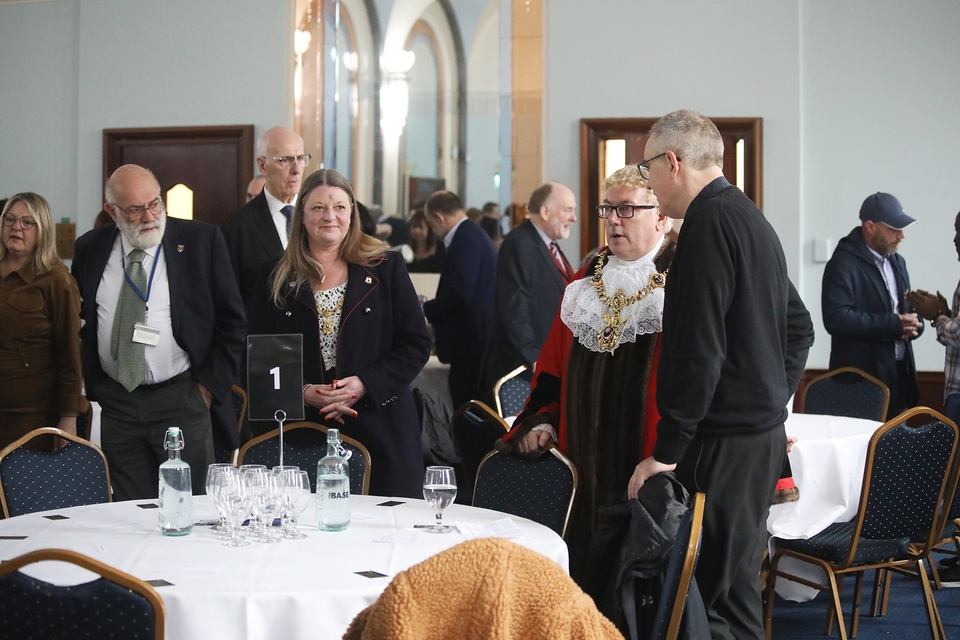
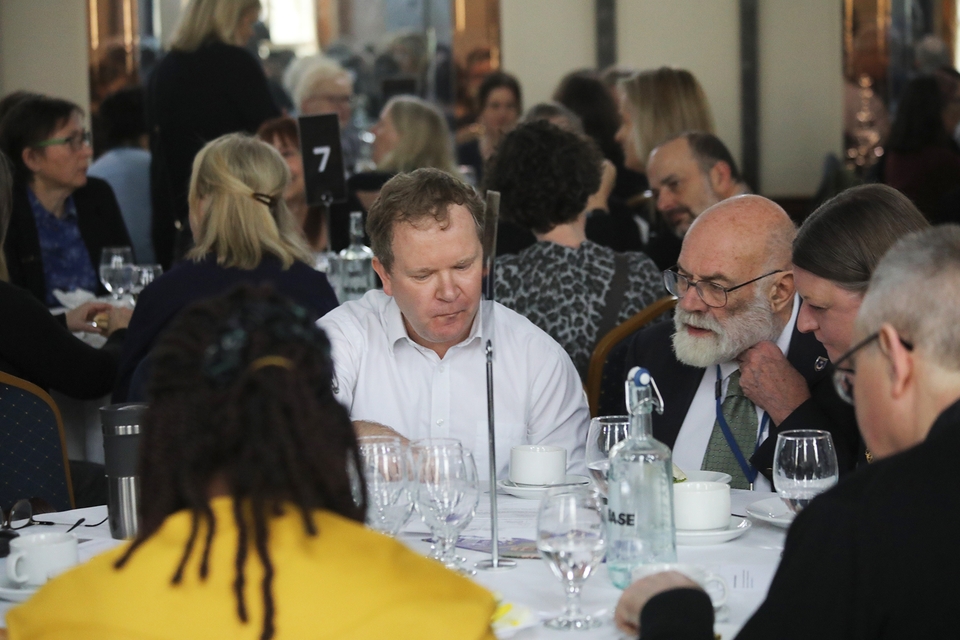
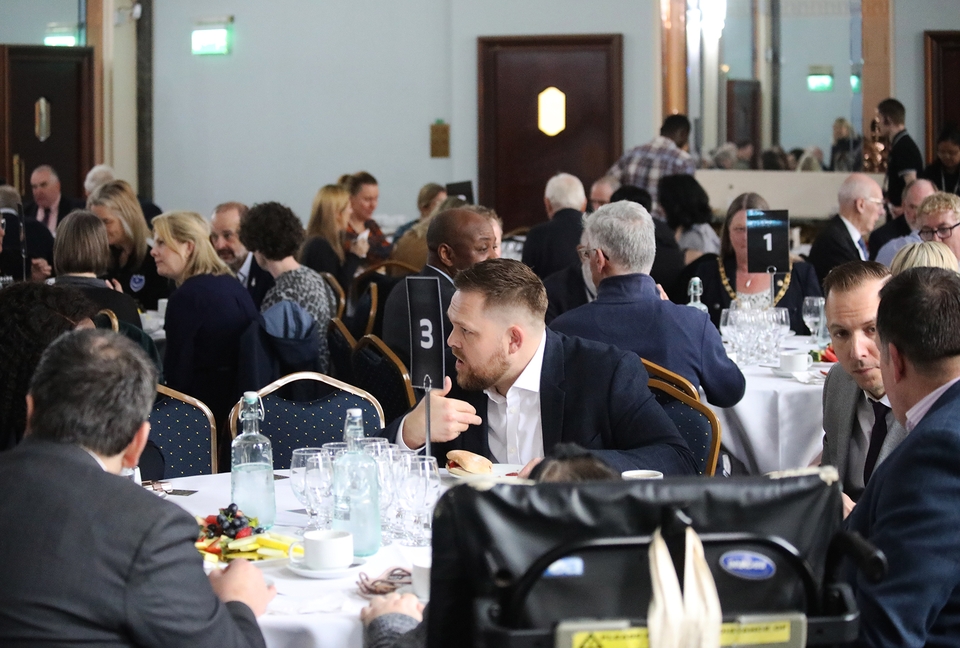
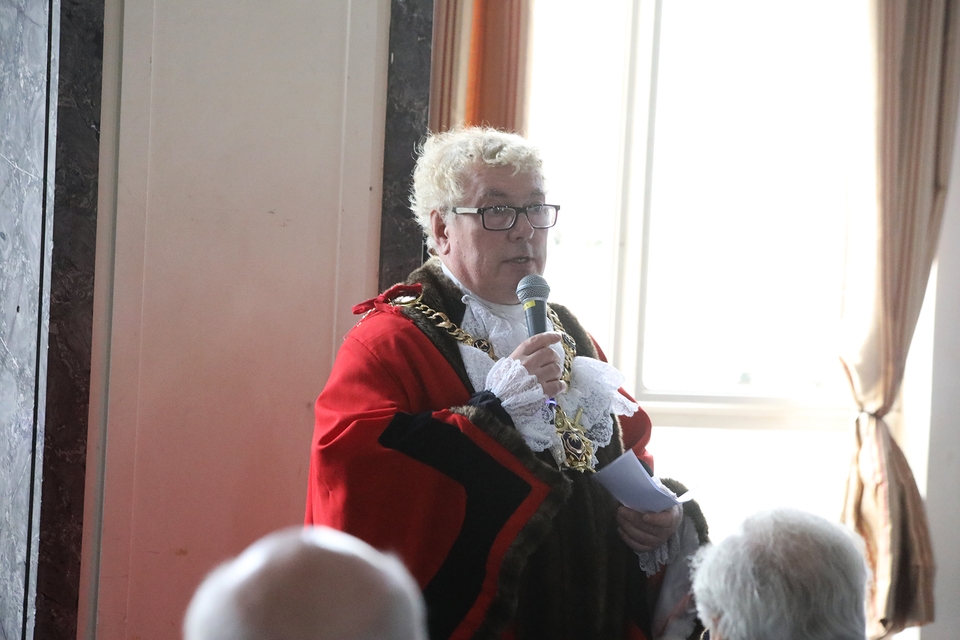

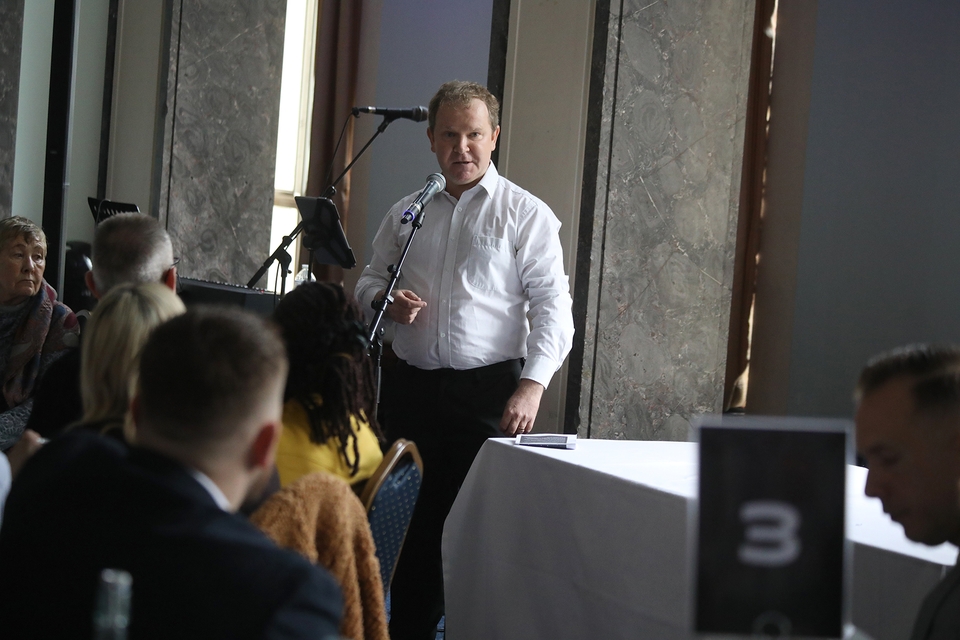
David was speaking as part of the third Portsmouth Prayer Breakfast, which mirrors similar events that take place each year in Parliament and around the world. Politicians, church ministers, community leaders and civic representatives gathered in the Lord Mayor’s Banqueting room to enjoy bacon baps, coffee and conversation.
The welcome came from the Lord Mayor of Portsmouth, Cllr Jason Fazackarley, and Cllr Hugh Mason, Cllr Yinka Adeniran and Dan Harman, pastor of City Life Church, led prayers.